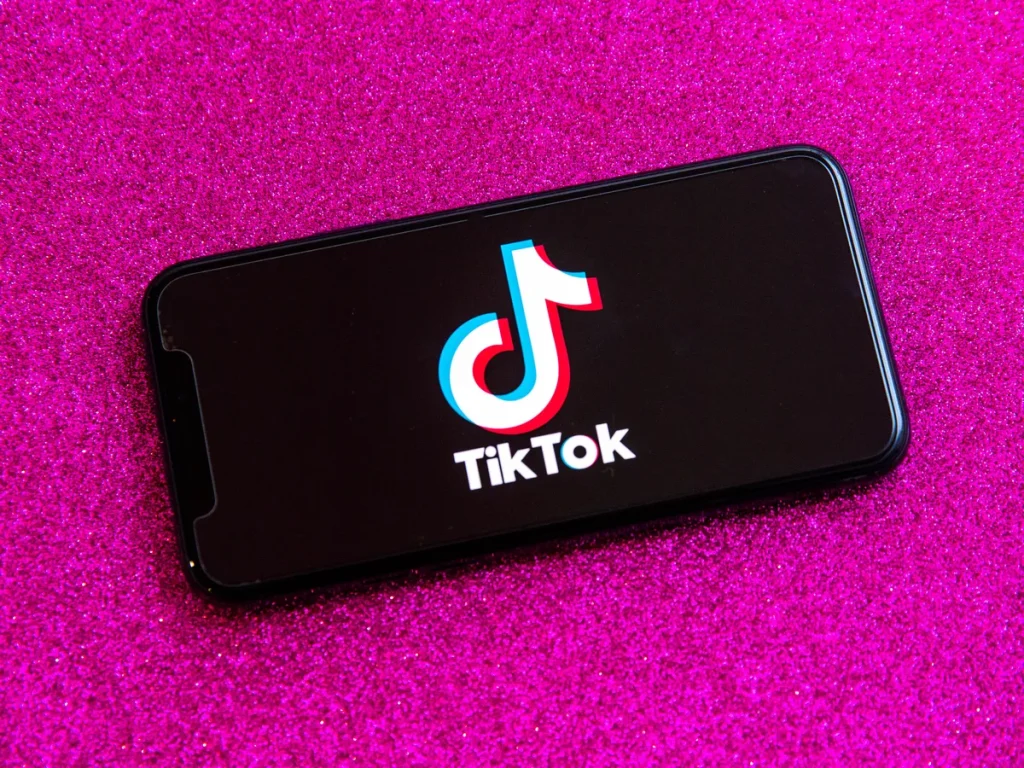TikTok has rapidly risen to become one of the most popular social media platforms globally, captivating users with its short-form video content and diverse range of creators. As TikTok continues to dominate the digital landscape, users are increasingly turning to third-party tools known as TikTok video downloaders to save and share their favorite videos. While these tools offer convenience and accessibility, they also raise significant questions surrounding ethics, legality, and the implications for content creators and users alike.
The Rise of TikTok Video Downloaders
TikTok video downloaders have emerged as a response to the demand for offline access to TikTok content. These tools allow users to save videos from the platform directly onto their devices, enabling them to watch, share, or repost content without an internet connection. With millions of videos uploaded to TikTok daily, the ability to download and curate a personal collection of favorites has become increasingly appealing to users seeking convenience and flexibility in consuming content.
Legal and Ethical Considerations
Despite their popularity, TikTok video downloaders present complex legal and ethical challenges. When users upload content to TikTok, they grant the platform a license to host and distribute their videos. However, this license does not necessarily extend to third-party downloaders, raising questions about copyright infringement and intellectual property rights. Downloading and redistributing TikTok videos without proper authorization may violate the rights of content creators and contravene copyright laws, potentially exposing users to legal consequences.
Privacy and Security Risks
In addition to legal considerations, TikTok video downloaders also pose privacy and security risks for users. Engaging with third-party tools may expose users to malware, phishing attempts, or data breaches, jeopardizing the security of their personal information and devices. Furthermore, downloading and sharing TikTok videos without consent may compromise the privacy and consent of individuals featured in those videos, highlighting the importance of respecting the rights and autonomy of content creators.
Platform Policies and Enforcement Measures

To address these concerns, TikTok has implemented policies and measures to combat unauthorized downloading and sharing of content on its platform. The company’s terms of service explicitly prohibit users from downloading or distributing TikTok videos without permission, and it actively monitors and removes infringing content. Additionally, TikTok has taken steps to block access to third-party downloader tools, signaling its commitment to protecting the rights of creators and maintaining the integrity of its platform.
Promoting Responsible Digital Citizenship
As users navigate the digital landscape, it is essential to understand the implications of downloading TikTok videos (https://tikd.cc/) and to act responsibly when engaging with third-party tools. Platforms like TikTok should prioritize user education, providing clear guidance on copyright laws, privacy considerations, and the risks associated with downloading content through unauthorized means. By empowering users to make informed decisions and respect the rights of creators, we can foster a more ethical and responsible digital environment for all.
Balancing Accessibility with Accountability
While TikTok video downloaders offer convenience and accessibility, they also raise complex legal, ethical, and privacy considerations. By promoting awareness, enforcing platform policies, and fostering responsible behavior, we can strike a balance between accessibility and accountability in the digital realm. Ultimately, by respecting the rights of creators and prioritizing ethical standards, we can ensure that TikTok remains a platform for creativity, connection, and expression while upholding the integrity of intellectual property rights and privacy protections.

